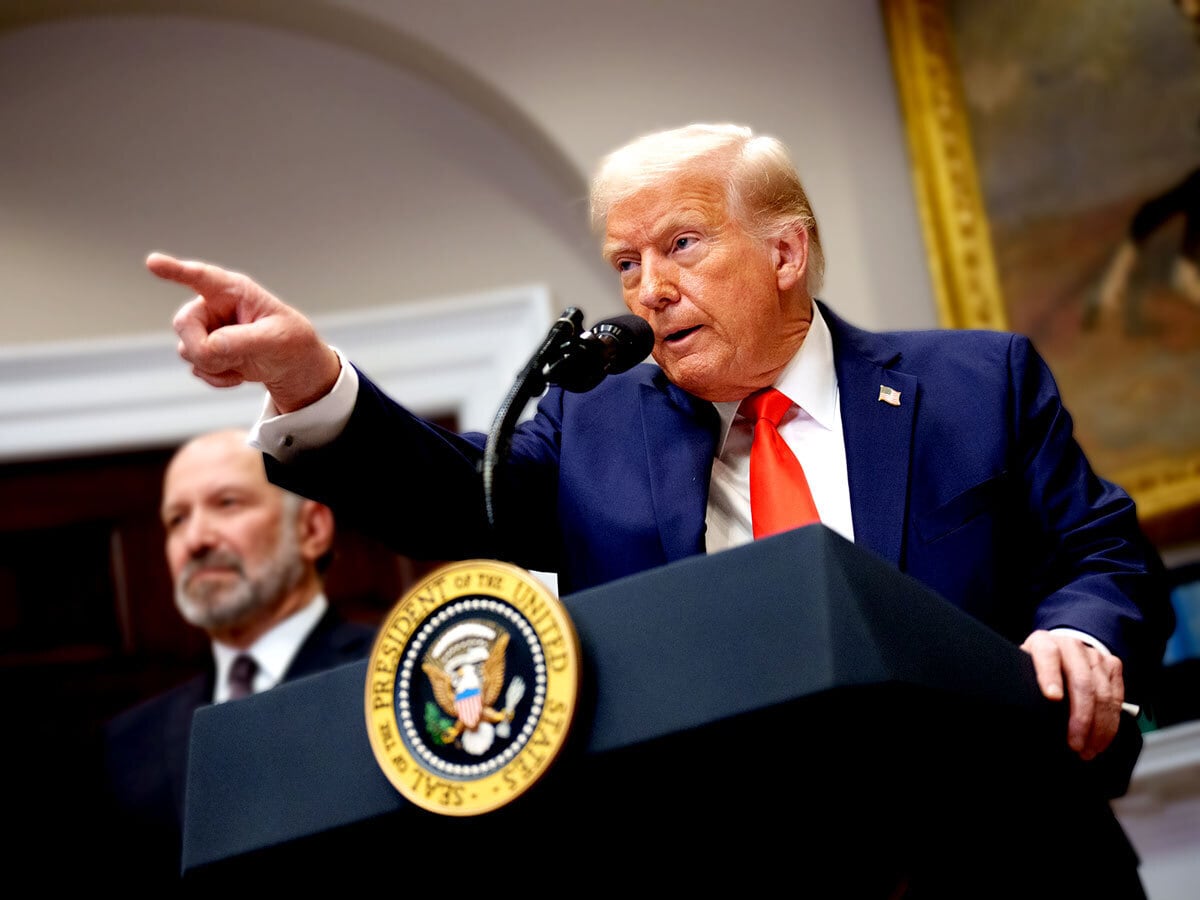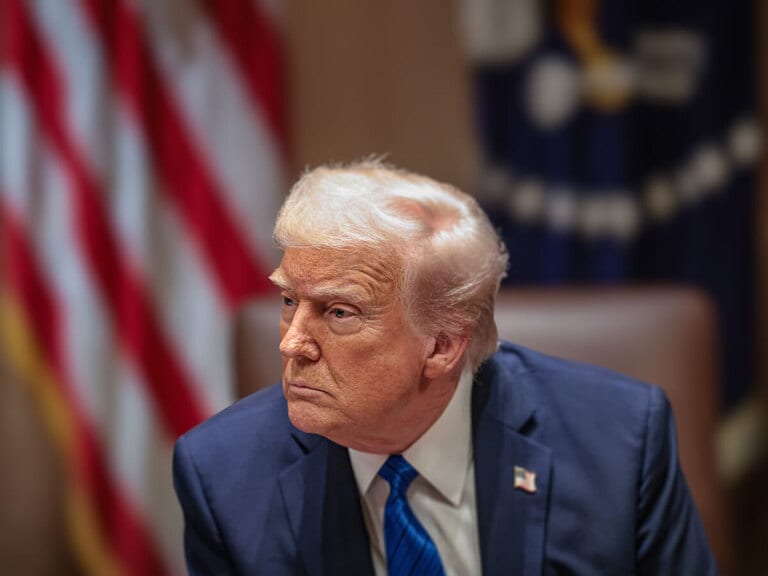How Will Tariffs Impact the US Chip Sector?
While chips were not explicitly named in the tariff list, Donald Trump’s reciprocal tariffs — 34% on China, 32% on Taiwan and 24% on Japan — could shake up the global semiconductor supply chain, as well as the US sector, Reuters reported. The outlook for US chipmakers remains uncertain; Qualcomm [QCOM], Broadcom [AVGO] and Advanced Micro Devices [AMD] were all down Wednesday. Nvidia [NVDA] plans to shift manufacturing domestically but sees minimal short-term impact.
Samsung Turns to China on Chips
Samsung [SSNLF] is leaning on Chinese tech firms to bolster its struggling semiconductor business, according to the Financial Times, with exports to China surging 54% year-over-year. The company reportedly sold over three years’ worth of artificial intelligence (AI) chip components to Baidu’s [BIDU] Kunlun unit, despite US-China trade tensions. Meanwhile, Samsung’s costly US expansion has yet to secure major clients.
Could India Thrive?
The US has imposed 26% reciprocal tariffs on India, lower than levies on China, Vietnam, Indonesia and Thailand. An Indian commerce ministry official called the impact a “mixed bag not a setback”, Seeking Alphareported. Indeed, the BBC argues that the tariffs could be an opportunity for India to attract investment and boost exports in machinery, automobiles and toys — industries currently dominated by China and Thailand.
Tariffs Could Cement Chinese EV Dominance
Japan and South Korea — key players in electric vehicle (EV) battery production — will be the biggest losers when Trump’s 25% tariff on auto imports takes effect, Bloomberg argued. These two nations account for a third of US car imports and over 25% of global EV battery output, making them the only real challengers to China’s dominance. Tariffs could seriously damage the EV supply chain outside China. Read OPTO’s breakdown of Chinese EV stocks that are in the ascendant right now.
Amazon Challenge to Starlink
Amazon [AMZN] is set to launch 27 Project Kuiper satellites on April 9, challenging Elon Musk’s Starlink. The satellites will lift off aboard a United Launch Alliance Atlas V rocket from Cape Canaveral, pending ideal weather conditions. Project Kuiper aims to compete in the low Earth orbit broadband market, where Starlink dominates. Governments may welcome Amazon’s entry, the Financial Times speculates, given rising concerns over Musk’s control of satellite-based internet services.
Are We Due for an M&A Resurgence?
The M&A landscape has been lackluster over the past couple of years, with consecutive record lows hit in 2023 and 2024 for transaction activity relative to the equity market. With many analysts predicting an upswing in 2025, however, OPTO dives into the themes likely to see the most M&A activity, plus how it could affect the overall investment landscape.
DJT Drops on Selloff
Shares of Trump Media and Technology Group [DJT] fell 7.4% after a filing revealed plans to sell over 142 million shares, including Trump’s own 114 million-share stake, worth $2.3bn. The sale, controlled by a trust managed by Donald Trump Jr., will occur “from time to time”, the Financial Times reported. Other major stakeholders, including TMTG chair Devin Nunes, are also offloading shares.
Continue reading for FREE
- Includes free newsletter updates, unsubscribe anytime. Privacy policy





